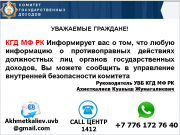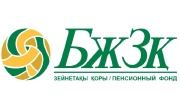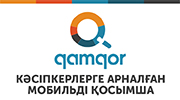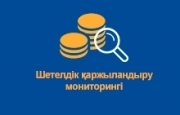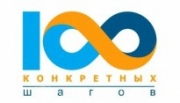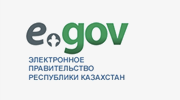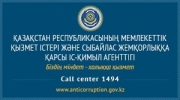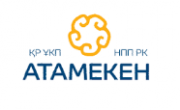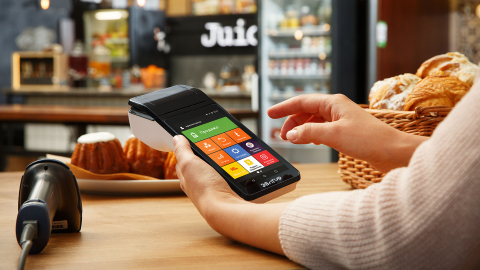
From 2022, a VAT defaulter on a transaction exceeding 1,000 MCI, instead of Electronic invoice can issue an online cash register receipt containing the recipient's BIN/IIN.
From April 1, 2021, non-payers of VAT on a transaction exceeding 1,000 MCI, when selling goods, works, services, are required to issue an electronic invoice. At the same time, Corporate income tax deductions for purchased goods, works, services from these non-VAT payers are carried out with additional confirmation of the electronic invoice.
In turn, in 2021, the Rules of the pilot project were adopted, which suspend the requirement for the issuance of electronic invoice by VAT defaulters on a transaction exceeding 1,000 MCI from January 1 to December 31, 2021. The requirement that deductions for the purposes of calculating the CIT for 2021 expenses for the purchase of goods, works, services should be confirmed by electronic invoice is also suspended.
"Thus, from January 1 to December 31, 2021, a VAT defaulter when selling goods, works, services under a transaction exceeding 1,000 MCI is not required to issue an electronic invoice, and the buyer does not confirm the expenses deductible in 2021 by presenting electronic invoice."
In addition, according to the amendments to the Tax Code, starting from 2022, expenses on purchased goods, works, services from a VAT defaulter, deductible for CIT, for a transaction exceeding 1,000 MCI, in the absence of an electronic invoice, can be confirmed by cash register receipt, which reflects the buyer's BIN/IIN.
"Therefore, from 2022, a VAT defaulter on a transaction exceeding 1,000 MCI is obliged to issue an electronic invoice or issue a cash register receipt containing the BIN/IIN of the recipient. Accordingly, the recipient of deductions for the purposes of CIT confirms the expenses for the purchase of goods, works, services by presenting electronic invoice or cash register receipt containing its BIN/IIN."














